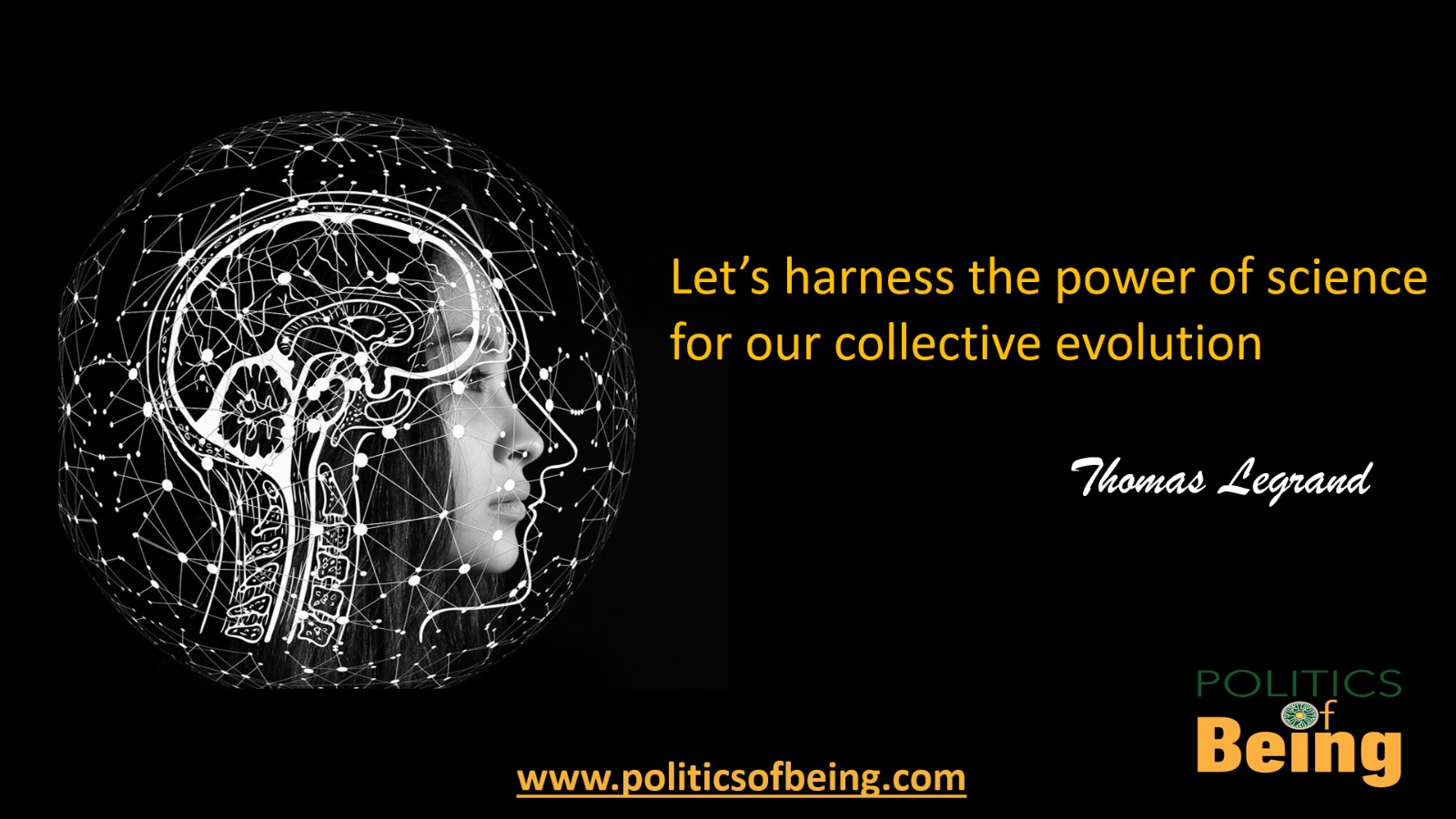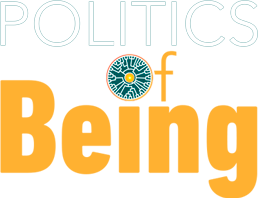
“Politics of being”: my ten-year gestation (2/3)
Part 2: the scientist’s journey
As I really wanted was to work for the Earth, from 2007 to 2013 I did a PhD in (ecological) economics. I studied the Costa Rican national program of economic incentives for forest conservation (“payments for environmental services”). This PhD thesis taught me two main things. First, by looking through a new lens, that of ecological (and institutional) economics, rather than more orthodox environmental economics, I was discovering a very different story that the one generally told. It was more about symbolically rewarding the efforts of people who were intrinsically motivated to fulfill their own responsibility to take care of the nature they and their neighbors enjoy, rather than making conservation financially attractive to some “homo economicus” only interested in their own financial gains. Secondly, the question was then not so much how to influence selfish individuals to act for the common good. In addition to better regulation, it seemed to me the key to addressing these environmental challenges was to change this transactional mindset. This echoed the conclusion of a major scientific voice in the field of natural resources management and arguably the most influential one in institutional analysis. American political economist Elinor Ostrom, in her lecture for the reception of her Nobel prize in economics in 2009, summarized the most important lesson she drew from fifty years of research: “Designing institutions to force (or nudge) entirely self-interested individuals to achieve better outcomes has been the major goal posited by policy analysts for governments to accomplish for much of the past half century. Extensive empirical research leads me to argue that instead, a core goal of public policy should be to facilitate the development of institutions that bring out the best in humans.”[1] Finally, I understood that for sustainability to succeed, it needs to be built not only on the livelihoods of people but on their very identity and projects as a nation, as Costa Rica has done. For instance, the country set a goal to achieve carbon neutrality by 2021 to celebrate the two-hundred-year anniversary of its independence. Being a green country, together with not having an army, is Costa Rican’s main source of pride—some of my interviewees even told me that a Costa Rican who does not like nature was a bad Costa Rican.
With the view to write this book, I started to research more about what science has to say on the potential of inner development for sustainability. While I recognize more research are needed, the emerging evidence is clear. Two proxies of inner development have been highlighted as drivers of prosocial/proenvironmental attitudes and behaviors:
- Our connection or disconnection with ourselves and our true needs (what is called “intrinsic/ extrinsic orientational motivations” in psychological science), which is is also a key driver of our happiness.
- “eudaimonic happiness” (based on developing the best in oneself, in accordance with one’s true self).
Most importantly, the emerging science of happiness is evolving our vision of well-being from hedonism, materialism and consumerism towards human flourishing and eudaimonia. Research emphasizes human relationships as the main factor for happiness, while highlighting the potential of meditation practices and spending time in nature.
Let’s harness the power of science for our collective evolution.
Read the rest of this story here:
“Politics of Being”: my ten-year gestation (1/3)
“Politics of Being”: my ten-year gestation (3/3)
[1] Ostrom, Elinor. 2009. “Beyond Markets and States: Polycentric Governance of Complex Economic Systems.” Nobel Prize Lecture, December 8, 2009. https://www.nobelprize.org/uploads/2018/06/ostrom_lecture.pdf
